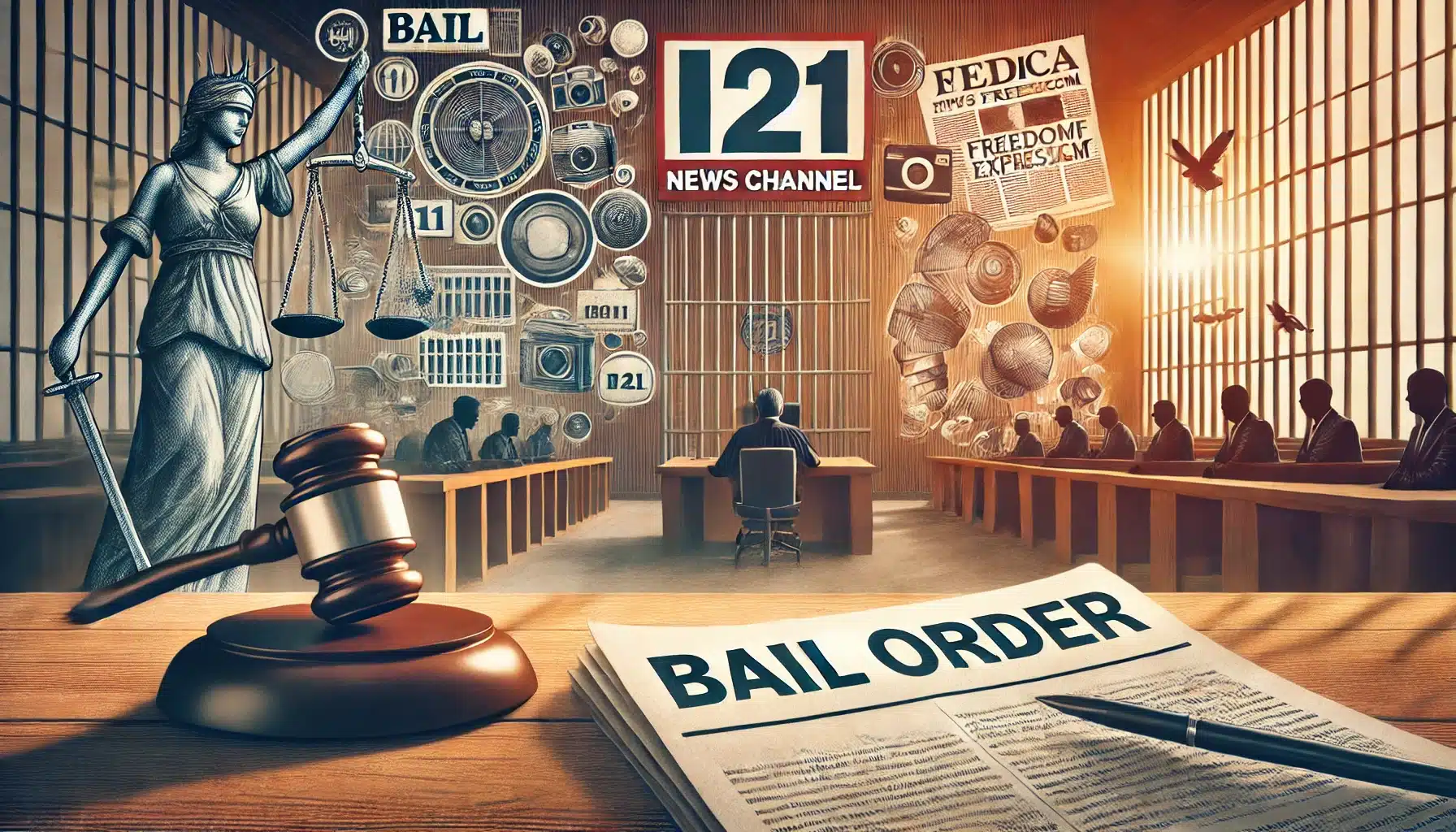The Kerala High Court has lifted a bail condition that restricted i21 News from airing any news related to the death of Bishop K.P. Yohannan, the former Supreme Head of Believers Eastern Church. The High Court ruled that such restrictions violated the right to freedom of expression under Article 19(

AI that prepares briefs and compliance checklists
The Kerala High Court recently ruled on a case involving the Managing Editor of the i21 News Channel, lifting a bail condition imposed by the Sessions Judge that prevented the channel from airing any news related to the death of Sri K. P. Yohannan, the former Supreme Head of the Believers Eastern Church. This judgment highlighted the importance of freedom of expression and the role of the media in a democracy.
Background of the Case
- Sri K.P. Yohannan, also known as Moran Mar Athanasius Yohan Metropolitan, died in a car crash in Texas, U.S., on May 8, 2024.
- The Managing Editor of the i21 News Channel alleged that there was foul play behind the Bishop’s death, based on information obtained through investigative journalism. He filed a complaint before the State Police Chief to investigate the matter.
- Meanwhile, another Bishop from the Believers Eastern Church accused the Managing Editor of airing false news, claiming that the news of the Bishop’s death being a planned murder was fabricated. This led to the filing of an FIR against the news channel, its Managing Editor, and the Marketing Executive.
- The FIR included charges under Section 153 (provocation with the intent to cause a riot), 120B (criminal conspiracy), 384 (extortion), 506 (criminal intimidation) of the Indian Penal Code (IPC), and Section 120(o) of the Kerala Police Act.
Sessions Court Bail Condition
- The Managing Editor sought anticipatory bail from the Sessions Court. Although the bail was granted, a condition was imposed barring the news channel from airing any content related to the Bishop’s death until the State Police Chief had completed the investigation.
- The Managing Editor approached the Kerala High Court to challenge this bail condition, arguing that it violated his right to freedom of speech.
Kerala High Court’s Ruling
- The Kerala High Court, presided by Justice Bechu Kurian Thomas, overturned the Sessions Court’s bail condition, stating that it was arbitrary and infringed on the freedom of expression under Article 19(1)(a) of the Indian Constitution.
- The Court ruled, “Directions which are in the nature of blanket orders restricting the right of a person to express an opinion cannot be issued under the guise of imposing conditions while granting bail.”
Importance of Free Press
- The judgment emphasized the critical role of independent media in a democracy. The Court stated, “However much people may hate a free press, its absence leads to curtailment of democratic rights and even liberty.”
- It was further noted that freedom of the press is not absolute, and restrictions may be imposed in appropriate circumstances, but not as a bail condition.
- The Court also highlighted that if the aired opinion or news amounts to an offence, the aggrieved party is free to seek legal remedies. However, the mere possibility of an offence should not restrict a person’s right to express their opinion or views.
Click to Read: Sunil Mathew v The Station House Officer and Another





